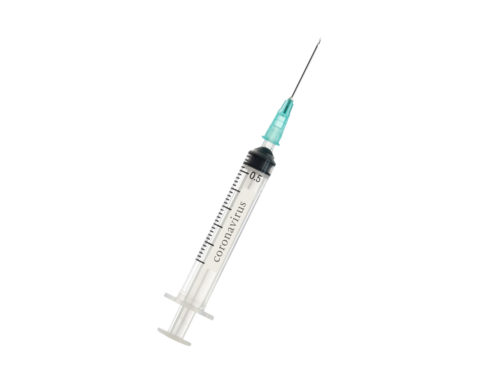
Chronic pain patients claim crucial treatment is being wrongly withheld in Scotland forcing them to travel to England.
They claim Scottish Government guidance which links steroid injections to worse Covid symptoms (based on advice from the Faculty of Pain Medicine issued last year) has been revised.
Campaigners say the advice is now that injections can go ahead if clinicians and patients decide the risk is acceptable. Now Scots sufferers are said to be self-medicating or travelling to England for private treatment costing over £1,000.
Steroid injections for pain relief had already been cut from 14,500 in 2016 to 9,100 in 2019, according to campaigners. Liz Barrie, from Lanarkshire, is one of more than 400 chronic pain patients there who have now been told they could wait up to three times longer than usual for treatment.
She said: “The Faculty of Pain Medicine quickly recognised the ethical dilemma of leaving patients with insufferable pain when there has been no proper research done on the risks of steroid injections against any possible worsening side-effect of Covid-19. It’s inhumane to deny treatment to chronic pain patients and the government must make the changes.”
Earlier this month the Scottish Government wrote to her citing the original guidance from the Faculty of Pain Medicine and said: “The impact of the pandemic on the NHS has meant that some very difficult decisions have had to be made, driven by the overall consideration of patient safety.”
Conservative Miles Briggs, former co-convener of Holyrood’s cross-party-group on chronic pain, said: “For the past 14 years, chronic pain patients have endured savage cuts to services despite all the known risks of suicide.
“There is a very real risk patients are so desperate they are turning to the internet with all the dangers that can bring.
“The government should be setting out new and improved chronic pain pathways to ensure patients get the help they need.”

Enjoy the convenience of having The Sunday Post delivered as a digital ePaper straight to your smartphone, tablet or computer.
Subscribe for only £5.49 a month and enjoy all the benefits of the printed paper as a digital replica.
Subscribe